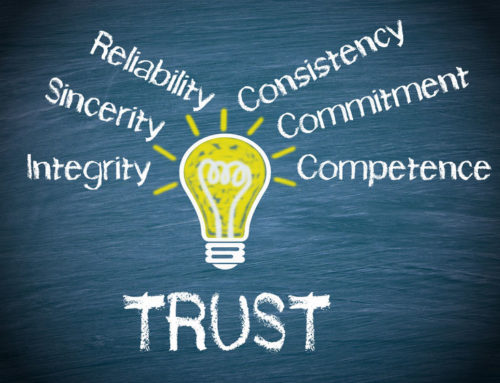I was recently asked by a highly experienced, well qualified friend for some specific advice on how he should operate within a number of upcoming telephone interviews for some jobs he was applying for. He had never experienced a telephone job interview before.
After our conversation I thought it would be useful to get other peoples’ insights, so I posted this question to the IoD group and the LinkedHR group in Linkedin. I’m curious to know what your Top Tip would be. Do feel free to let me know in the comments section below. Here’s the question:
‘What is your one piece of advice for an experienced person who is attending a telephone job interview for the first time in their life? You can assume that all the relevant research on the company and the role has been done to a very high level.’
Here are the top ranked suggestions from 77 responses on Linkedin. I have amalgamated the responses and, where appropriate, I have added my own thoughts which reflect my own advice to my friend.
1) Listen!
Listening is the most popular piece of advice given by recruitment interviewers and interviewees alike. Because you can not pick up on the visual clues available in a face-to-face interview, active, concentrated listening is vital to your success in the interview. In addition to listening carefully for content (so you can answer the actual questions asked) listen out also for the interviewer’s tone, pace, language patterns and key words (especially if they also reflect language you have picked up from the company website)
2) Speaking mechanics
Speak confidently and purposefully, avoiding ‘emrms and errs’. My own advice is to speak 10% more ‘assertively’ and 10% slower than you would in a face-to-face interview. When you think you need a moment to gather your thoughts before replying, build an appropriate positioning phrase before you answer.
Answer questions succinctly with simple sentences. Always ask if the answer is sufficient or if the interviewer wants you to go into more detail. Avoid launching into detailed, rambling answers to demonstrate your knowledge.
3) Manage the connection
Use a quiet place for the call. Use a landline as a preference. If this is not possible make sure you are in a good reception area (Call a friend first and ask how you come across), make sure your battery is fully charged!
4) Stand up
Not only does it affect your physiology, breathing and energy transfer; it can also positively impact your psychology.
5) Wear the clothing you would for a face-to-face interview.
There are a number of other very good suggestions in the Linkedin forums which you can look at if you are on Linkedin already.
So, come on, let me know what you think the most important tip should be!


Just heard from a friend:
Hi Richard,Your latest offering was very timely. I had a telephone interview yesterday after I had read your article . Nailed the job and went and got hammered!
I’m happy to have helped!!!!!
Thanks Mark. My sense about the dress tips is that people are suggesting that it helps to dress ‘professionally’ and otherwise behave professionally in the interview. I would say if it helps someone get in the zone then they should cosider dressing appropriatly for the telephone interviews
Take advantage of the fact that they can’t see you. Write down key things you want to talk about before the interview, questions you want to ask & any other prompts. Lay them out next to the so you can easily see them during the interview. DO NOT read them as if they were prepared statements – it will sound false. DO NOT flip pages. DO take notes during the call to help you remember the points the interviewer has made.
And I would disagree with #5. Instead where whatever clothes make you feel most comfortable and at ease so that you focus all your attention on the call, not on how uncomfortable you may feel.